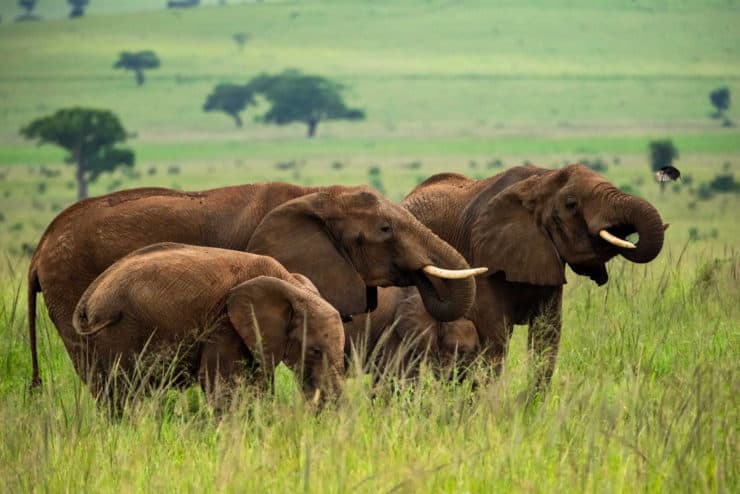We usually view cancer as a consequence of our poor lifestyle choices and unnatural living. However, wild animals don’t smoke, eat burgers or stress about their work assignments. So it begs the question: do wild animals get cancer?

The short answer is yes, wild animals do get cancer, and it isn’t shocking news if you understand how cancers arise. After all, healthy people still get cancer. Therefore, before I go further, let’s recap what cancer is.
What is cancer
Cancer occurs when the regulation of cell division in an organism goes awry. Cells in our bodies divide millions of times per day, and a set of specific genes orchestrate the whole process. These genes regulate when a cell should grow and divide and, even more importantly, when it should stop dividing.
(You can learn what genes are here)
If a mutation disrupts this regulation, a cell can divide uncontrollably and become tumorous. It will continue to divide, and all its daughter cells will also have this disruption. That is why cancers can often be felt as big lumps because they actually are.
Therefore, there should be no surprise that cancer can affect any organism with more than one cell. That includes not only animals but plants, as well. It’s inevitable since mutations occur whenever a cell divides and copies its whole genome.
Fossil evidence shows that dinosaurs had cancers. We can’t say how common it was since the fossil record is scarce, but hell as sure, the dinosaurs had to deal with cancers. Even more so, scientists estimate that cancer-like diseases are as old as 1.5 billion years, at the dawn of multicellularity. Long before smoking or stressing about work came into existence.
Cancer in wild animals
Nowadays, cancers have been diagnosed in a wide variety of wild animals, including sharks and other fish, naked mole rats, birds, elephants, whales, and even flies and earthworms. Hell yeah, earthworms live in a highly carcinogenic environment, and their ability to live with few tumors is a basis for potential future cancer prevention treatments.
An interesting case is Tasmanian devils, who suffer from a specific form of contagious cancer. No, it is not caused by a virus, like human cervical cancer, but the tumor itself is transmissible. Since its emergence in the 1990s, the population of Tasmanian devils has decreased by 60%.
In many cases, though, cancers of wild animals arise from known human activities. For example, high cancer incidence in Sea lions near California aroused due to immense organic pollution of the waters. The ozone hole was likely a cause of cancer increase in coral trout living in the Great Barrier Reef since mutations increase with the amount of UV radiation, which normally the ozone layer blocks.
So does human activities increase the incidence of cancers in wild animals? We can’t say for sure. Scientists are still wrapping their heads around wild animal cancers, and it’s hard to study wild populations. We do know that cancer is common in pets and captive animals, but how it compares to their wild counterparts is still a mystery.
At the same time, given that stress and pollutants are risk factors for human cancer, we should at least consider that, indeed we are at least partially to blame since our way of living also provides a great amount of stress, poisoning, and diseases to wild animals.